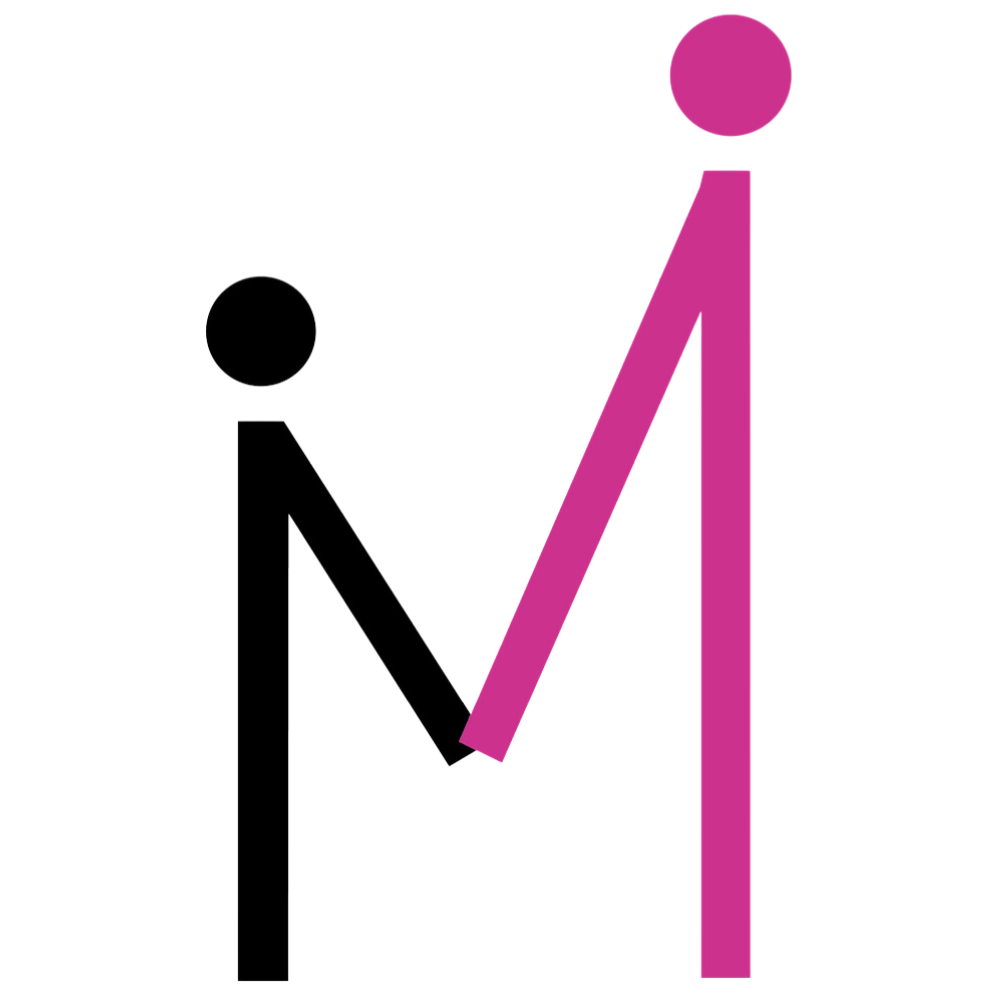Life throws curveballs, and sometimes, those curveballs can hit us particularly hard. Women, especially those facing financial challenges, often carry the weight of the world on their shoulders.
But here’s the good news: you don’t have to navigate your mental health journey alone.
This guide explores affordable therapy options specifically designed to empower low-income women seeking individual therapy.
What are the best affordable therapy options for women?
Let’s face it, navigating the world of therapy can feel a bit like decoding a secret menu.
But fear not, there are fantastic options specifically designed to empower women seeking individual therapy, all without breaking the bank! Here’s a breakdown of some gems to consider:
- Sliding Scale Therapy: Your Income, Your Rate
Imagine a therapist who tailors their fees to your financial situation. That’s the magic of sliding scale therapy! Many therapists offer this flexible payment structure, adjusting their rates based on your income.
This creates a more accessible path to therapy, ensuring financial limitations don’t become a barrier to your mental well-being.
- Group Therapy: Strength in Shared Experiences
Sometimes, the weight feels lighter when shared. Group therapy offers a supportive and empowering environment where women facing similar challenges can connect, share experiences, and learn from each other. Imagine a circle of women, each with their unique story, yet united in their desire to heal and grow.
Group therapy can be a cost-effective option compared to individual therapy, while still providing valuable support and insights.
- Online Therapy Platforms: Bringing Therapy to Your Doorstep (or Coffee Shop!)
Technology brings us closer than ever before, and that includes access to therapy.
Online therapy platforms connect you with licensed therapists virtually, often at a more affordable rate than traditional in-person therapy. This flexibility allows you to schedule sessions from the comfort of your own home (or favorite coffee shop, with a calming cup of tea in hand!).
Remember, the best option is the one that feels most comfortable and accessible for you. Don’t be afraid to explore different options and find the path to mental wellness that best fits your needs and budget.
How can low-income women find sliding scale therapists?
Finding a therapist who offers a sliding scale fee can feel like searching for a hidden treasure chest.
But fear not.
Here are some key resources to equip you on your quest for affordable mental healthcare:
- Psychology Today: Unveiling the Local Gems
This online directory acts as a digital map, allowing you to search for therapists in your area who offer the coveted “sliding scale” payment option.
You can filter your search by insurance and specialty, ensuring you find a therapist who aligns with your specific needs and financial situation.
Think of it as a treasure map with clear markings, guiding you towards the therapist who’s the perfect fit!
- Open Path Psychotherapy Collective: Your Gateway to Discounted Therapy
This non-profit organization is a shining beacon of hope for low-income individuals seeking therapy.
They act as a bridge, connecting you with a network of therapists who offer drastically reduced rates.
Imagine the Open Path Psychotherapy Collective as a friendly guide, leading you directly to the treasure chest overflowing with affordable therapy options!
- National Network of Mental Health Service Providers: Cast a Wider Net
Looking to expand your search radius?
The National Network of Mental Health Service Providers is here to help! This comprehensive website allows you to search for mental health providers across the nation, with filters specifically for sliding scale services.
Think of it as a high-powered search engine, scouring the web to find therapists offering affordable therapy options in your area or even virtually!
Bonus Tip: Don’t Be Shy to Ask Around!
Sometimes, the most valuable resources come from unexpected places. Talking to your doctor, a trusted friend, or even a local community center can lead you to hidden gems offering sliding scale therapy.
Remember, knowledge is power, and the more you ask around, the more likely you are to find the perfect therapist who can support you on your journey towards mental well-being.
Are there any free or low-cost mental health services available for women?
Absolutely! Here are some incredible resources to explore:
- Community Mental Health Clinics: Many communities offer free or low-cost mental health services to residents. These clinics are staffed by licensed therapists and social workers.
- Hotlines and Support Groups: Hotlines offer immediate emotional support and crisis intervention. Support groups provide a safe space for women to connect and share experiences.
- University Counseling Centers: Some university counseling centers offer free or low-cost therapy services to the public.
How do I find community clinics that offer affordable therapy for women?
Here are some tips for finding community clinics in your area:
- Contact your local health department: They can provide you with a list of clinics that offer mental health services in your area.
- Search online: Use keywords like “community mental health clinic” or “low-cost therapy services” along with your zip code.
- Ask your doctor for a referral: Your doctor might be aware of clinics that offer affordable therapy services.
Remember, prioritizing your mental health is an investment in your well-being. Don’t hesitate to reach out and explore these resources. You deserve to feel supported and empowered on your journey towards mental wellness.
Additional Resources:
- National Alliance on Mental Illness (NAMI): https://www.samhsa.gov/resource/dbhis/nami-national-alliance-mental-illness
- National Suicide Prevention Lifeline: 988
- Crisis Text Line: Text HOME to 741741

A quick synopsis into A Guide for Low-Income Women Seeking Individual Therapy
A deep dive Q&A on Affordable Therapy for Women
What are the best affordable therapy options for women?
Women seeking affordable therapy options have several routes to consider, depending on their needs and location. Community Mental Health Centers are a great starting point, offering services on a sliding scale based on income and often having partnerships with local organizations to provide low-cost care. Sliding Scale Therapists adjust their fees according to a person’s financial situation, making therapy more accessible for women with budget constraints. Online Therapy Platforms such as BetterHelp, Talkspace, and 7 Cups offer virtual therapy sessions at a lower cost than traditional in-person therapy, often providing financial aid or discounts. University Clinics run by psychology or social work programs often provide therapy at a reduced rate as students complete their supervised training. Additionally, Non-Profit Organizations like the YWCA or the Women’s Therapy Centre Institute offer affordable mental health services specifically for women, sometimes free or at a minimal cost. Exploring these options can help women find the support they need without the financial burden.
How can low-income women find sliding scale therapists?
Low-income women can find sliding scale therapists through several avenues. One effective way is to use online directories such as Psychology Today, TherapyDen, or GoodTherapy, which have filters for finding therapists who offer sliding scale fees. Women can also contact community health centers or local non-profit organizations that often have partnerships with therapists providing sliding scale services. University counseling centers can also be a valuable resource, as they typically offer low-cost therapy with students completing their supervised practice. Another option is to reach out to local women’s shelters or support groups, which may have recommendations or partnerships with affordable therapists. Online forums and social media groups focused on mental health and wellness can also be a source of referrals and personal recommendations from others who have found affordable care. Lastly, directly contacting therapists to inquire about sliding scale fees is always an option, as many practitioners are willing to negotiate prices to accommodate financial needs.
Are there any free or low-cost mental health services available for women?
Yes, there are several free or low-cost mental health services available for women. Community Mental Health Centers often provide low-cost or free services based on income and need, funded by local government agencies. Non-profit organizations such as the National Alliance on Mental Illness (NAMI) and Mental Health America (MHA) offer free support groups, educational programs, and resources for women facing mental health challenges. Hotlines such as the National Domestic Violence Hotline and the Suicide Prevention Lifeline offer immediate support and can connect women to further resources. University clinics often offer therapy at reduced rates, with students providing care under supervision. Some religious organizations also provide free counseling services to community members. Additionally, online platforms like 7 Cups offer free peer support and low-cost therapy with licensed professionals. Women should explore these options to access the care they need without financial strain.
How do I find community clinics that offer affordable therapy for women?
Finding community clinics that offer affordable therapy for women involves a few strategic steps. Start by searching online for community health centers or community mental health clinics in your area, as they often provide sliding scale or free services. Websites like the National Association of Free & Charitable Clinics (NAFC) can help locate nearby clinics. State and local government websites often have directories of mental health resources, including clinics that offer affordable services. Non-profit organizations focused on women’s health and mental well-being, such as the YWCA, often have listings or partnerships with affordable therapy providers. Public libraries may also have directories or flyers about local clinics and services. Additionally, contacting local hospitals or health departments can provide information on community clinics that offer affordable therapy. Utilizing these resources can help women find the support they need within their budget.

